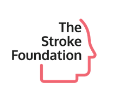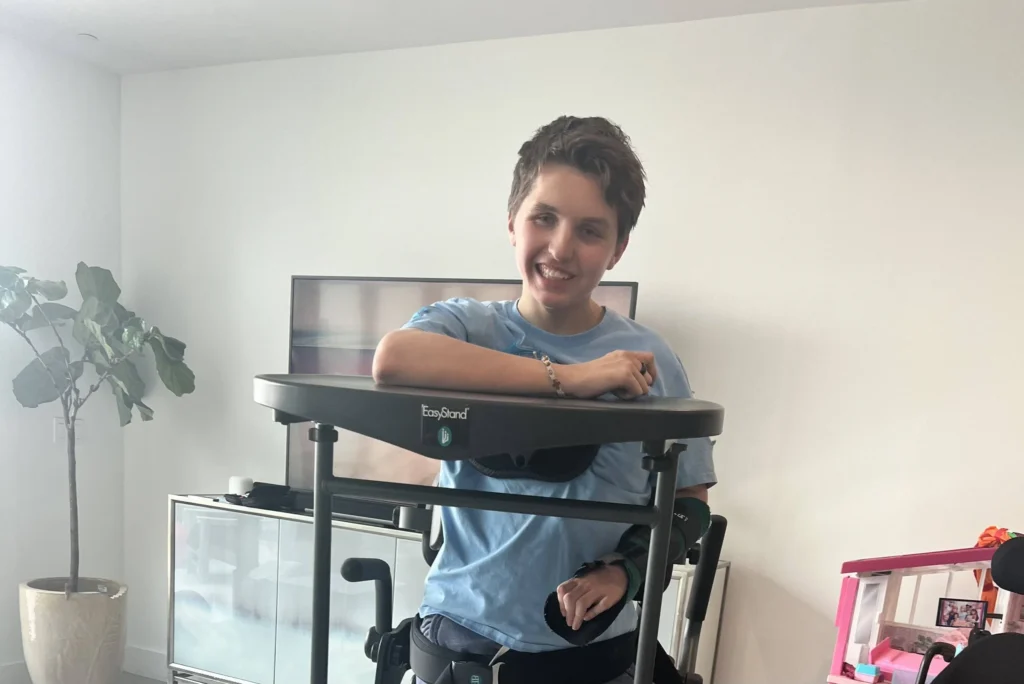After the life changing experience of having and surviving a stroke, you gain a different way of looking at life and with that, you may find asking yourself: what now? how soon can I go back to work?
You are now in recovery and will be continuously working on your recovery for the rest of your life. Once you get to a point in recovery where you are feeling sure of yourself, physically and emotionally, you may start thinking about going back to work. For most people work is a financial necessity, particularly after a long period of not having an income. Going back to work is also a way of proving yourself you are strong and can do all the things you did before having a stroke.
As always, rely on your medical professionals and caregivers for advice when it comes to going back to work, whatever work that may be. Your occupational therapist will help in assessing your readiness to join the workforce again. Sometimes people recover fully and can go back to the same functions, but depending on the severity of your symptoms you may need to learn new techniques to work in similar activities or develop new and different skills. For example, if you have an office or desk-based job it may be easier for you to get back into the groove of things rather than if you had a job where you had to drive, lift heavy objects or do other strenuous physical activities.
Considerations
If you’re thinking of going back to work you’ve probably already had a conversation with your employer about your new life. It’s important to set clear expectations and be patient with yourself, resting as much as you need. Rest comes in different forms: a nap, a break from activities, a little distraction, listening to calm music or meditation. It’s very likely you won’t be able to get through a full day of work at the beginning, so make sure your employer or occupational therapist on a work plan to accomodate you and your recovery – half-days, working from home, or a change in role responsibilities.
You should also work with your employer and occupational therapist to set clear achievable goals, that you can progress towards in a way that fits your recovery. If you have a specific challenging activity you perform at work, try starting by achieving 10% of that activity within the first few weeks, and increase your goal in increments of 10% every few weeks after that. You’ll be at 100% in no time.
The key to getting back to work is: patience. Be patient with yourself and with your coworkers, remember everyone is getting used to a new way of doing things. Be clear about what you can and can’t do and communicate often with your caregivers, medical professionals and your employer.
Challenging yourself to get back to work, fulfilling a purpose and empowering yourself to do more will go a long way in helping you recover physically and emotionally.





